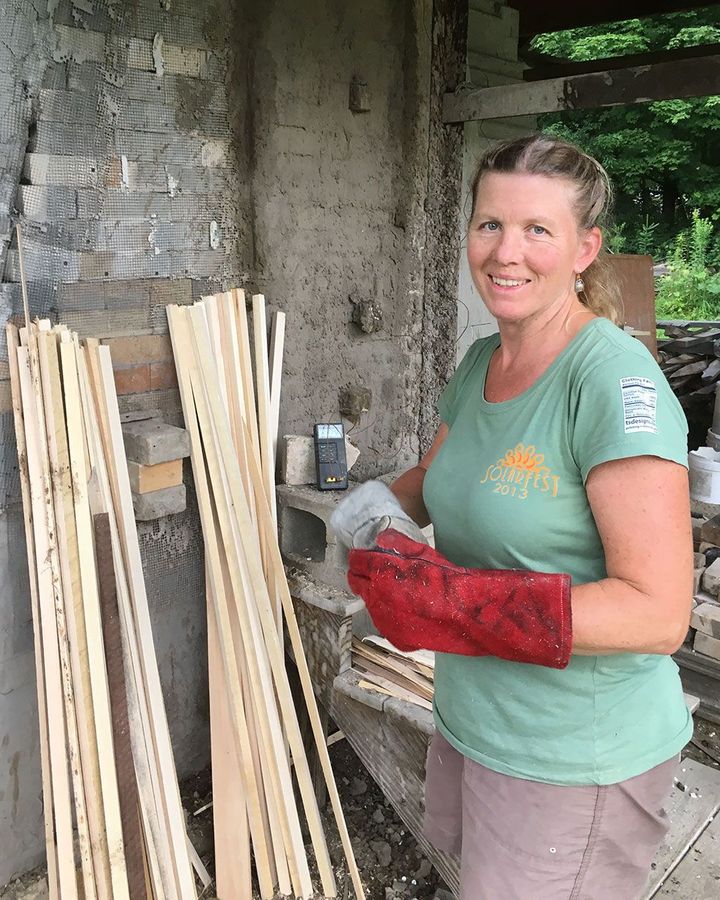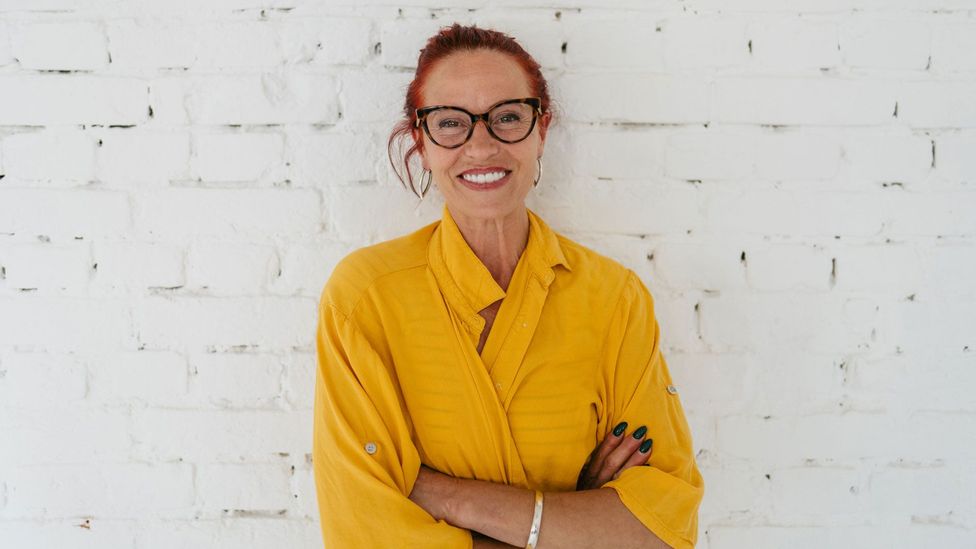For more than two decades, Diane Rosenmiller made her living as a potter. Working from her Vermont, US, studio, Rosenmiller exhibited and sold bowls, mugs, teapots and other ceramics.
But Rosenmiller was becoming burnt out creating and selling her art. Her children were also getting older, and her role as a caretaker at home was quickly changing. “I’d been taking care of our kids, and they were growing up,” she says. “So, I needed something that was going to fulfil me and make me feel like I was giving and taking care of people.”
So, aged 50, she changed course. She enrolled in nursing school in 2019, and today she works long shifts as a scrub nurse in hospital operating theatres.
Millions of workers have changed careers throughout the past several years, beginning during the Great Resignation – professional pivots which some experts re-named the ‘Great Reshuffle’. And although young workers – particularly millennials – have largely led the trend as the workers most eager to re-direct their job paths, Gen X also reports undertaking career pivots: for many of these more seasoned workers, the past few years have opened an opportunity to consider pursuing dreams. Many have decided to take the leap.
One driving factor, say experts, may be the occurence of mid-life setting in during the pandemic era. Andrew Oswald, a professor of economics and behavioural science at the University of Warwick in Coventry, UK, says many Gen Xers are at a pivot point now that they’ve reached mid-life, and are re-evaluating the lives they’ve led up to this point. His research shows that many people in their 40s and 50s are inclined to feel unsatisfied or distressed about their lives, so look for ways to make drastic change.
“There's a lot of evidence that the notion of a ‘mid-life crisis’ is a true scientific occurrence,” he says. “Mid-life, in much of western society, seems to be troubling people in a deep way. It wouldn't be so surprising that they're looking for some dramatic change. There’s a psychological low point that’s a stimulus for all sorts of ‘get me out of here’ behaviour.”
Oswald believes the pandemic made Gen Xers “re-evaluate their lives”, making them more willing to leave even well-established careers to seek something more fulfilling. In other words, many Gen Xers have shifted careers in the simple pursuit of happiness.

Diane Rosenmiller left a multi-decades career as a potter to become a scrub nurse in hospitals (Credit: Courtesy of Diane Rosenmiller)
After roughly three decades in a career, Eric Vogelsang, director of the Center on Aging at California State University, San Bernardino, says many Gen Xers might have a sense that, if they’re going to make a change, it’s now or never. “Thirty years [in the workforce] is a long time,” he says. “And I think part of it might be that they see this as a final chance to do it.”
That was the case for Rosenmiller, whose transition to nursing was the fulfilment of a 30-year-old life goal. “When I was in college, I was pre-med at the beginning,” she says. “Then I took pottery courses and loved it and ended up transferring to art school. This was sort of a return: I've always loved medicine, and this is a full circle kind of thing.”
Rosenmiller felt that by entering the field at 50, she’d be giving herself a good number of years to ensure her new degree was worthwhile. “I'm hoping I can work for a while to make use of this,” she says. “I'm hoping I can work into my late 60s, if not 70s.”
Similarly, in New Jersey, US, Jeremy Puglisi has also taken this moment in his life to chase a dream. After more than 20 years as a high school English teacher, he resigned to make his hobby a full-time job.
While still teaching, he and wife, Stephanie Puglisi, started a podcast about camping called The RV Atlas. Unexpectedly, it took off, and the pair secured a contract to write a book. “It was just one of those stories where our side hustle became more profitable than our day jobs,” says Puglisi. “In February of 2020, literally a few weeks before the pandemic, I told my principal I was going to finish the school year, but that I wouldn't be coming back the next year.”
For Puglisi, the change wasn’t seamless. A few weeks after he gave his notice, the RV manufacturers and businesses that supported the podcast shut down, and “it felt like the worst timing on planet Earth”, says Puglisi. “I was waking up at night sweating. I thought, ‘how embarrassing, I'm going to have to go and beg for my teaching job back’.” When a major sponsor called to cancel their contract, “I felt like my entire world was crumbling”.
Luckily, the fear was short lived. Things turned around as people began road tripping and camping in record numbers during the pandemic. “I thought I had nightmare timing on leaving my teaching career and it was a month of real uncertainty,” says Puglisi. “Then it felt sort of like this fortuitous, perfect timing, and we were busier than we have ever been.”
The couple has now published multiple well-performing books, but Puglisi says it took a while to feel like his career pivot was validated in the eyes of family and friends. “I think pretty much everybody looked at me like I was crazy when I said I was quitting a stable and successful teaching career,” he says. “To be 43, and all of a sudden say, 'OK, now I'm a podcaster'… it almost sounds like make believe.”

After 20 years as a high-school English teacher, Jeremy Puglisi left to pursue his dream of becoming a camping podcaster (Credit: Courtesy of Jeremy Puglisi)
To some, prioritizing happiness and the achievement of a dream over the financial stability of an established career may seem short-sighted – especially when Gen X have some of the tightest financial obligations of the generations. But Vogelsang’s research showed that people making later-life career shifts had less stress, increased emotional well-being, and were likely to say they “felt like a new person”.
And although chasing a dream at this career juncture can be risky, Oswald says Gen Xers are in a uniquely empowered position to take big career risks: despite a number of financial obligations, many of them also have a kind of financial security that previous and subsequent generations don’t.
“In England and the US, I think one of the influences is the very large rise in the value of people's houses,” he says. “A generation has ended up with multimillion dollar houses that they can use as a form of banking for the rest of their lives. Another aspect of that is pensions: that cohort is probably the last that will inherit very large pensions.”
Vogelsang adds many Gen X households have two employed people with decent earning potential. “That generation was the first where the gender division in college was pretty even,” he says. “So, you have a lot of married couples where both went to college and maybe had greater earning potential. Now, maybe their children are grown, and they’re financially secure enough that one of them can change careers.”
For Rosenmiller, she’s glad she took the chance. Not only is she realising a dream, but she’s also returned to pottery as a hobby, with a renewed love for the art form. “Now I can make whatever I want. I can just be really creative and not worry about if I can sell it,” she says.
Thanks to the big shift, Rosenmiller’s found professional fulfilment, and is setting what she feels is an important example for her children. “Honestly, for my kids, I think the fact that you can switch gears at age 50 and do something totally different is really good for them to see.”
